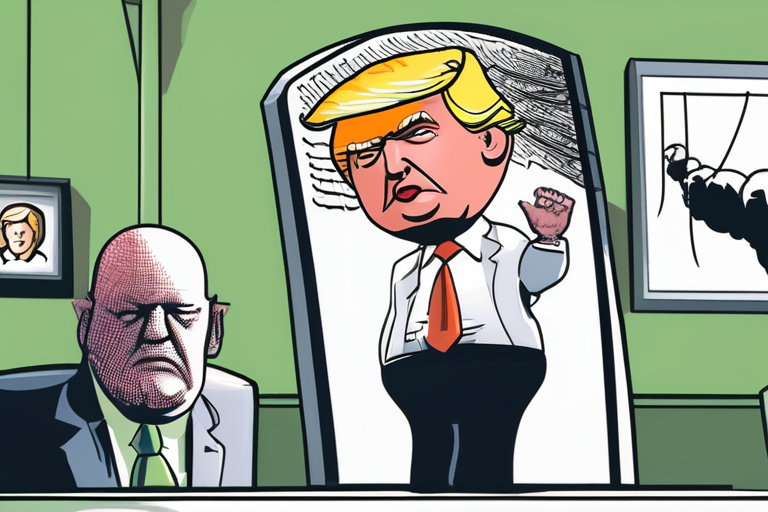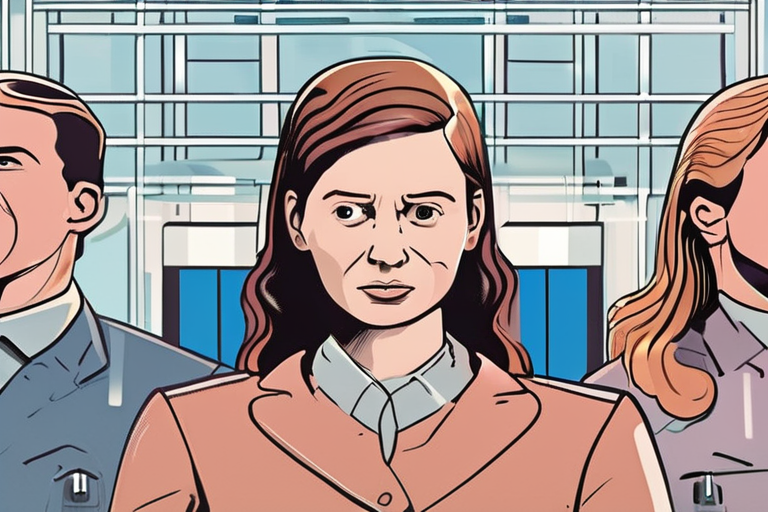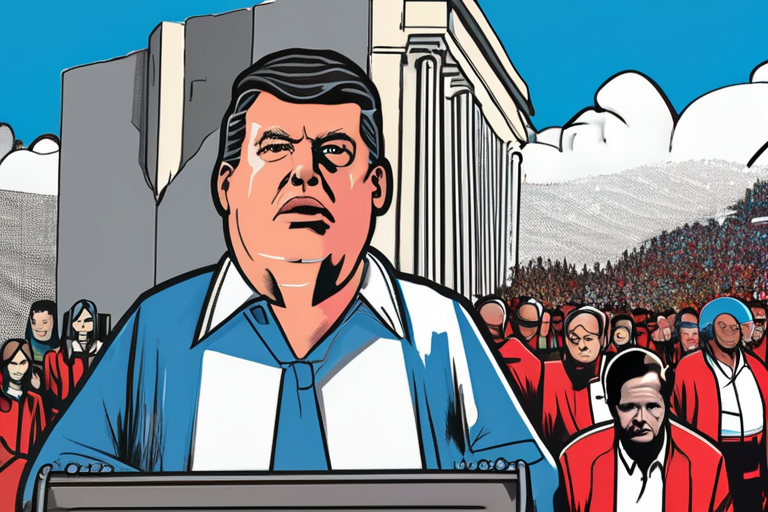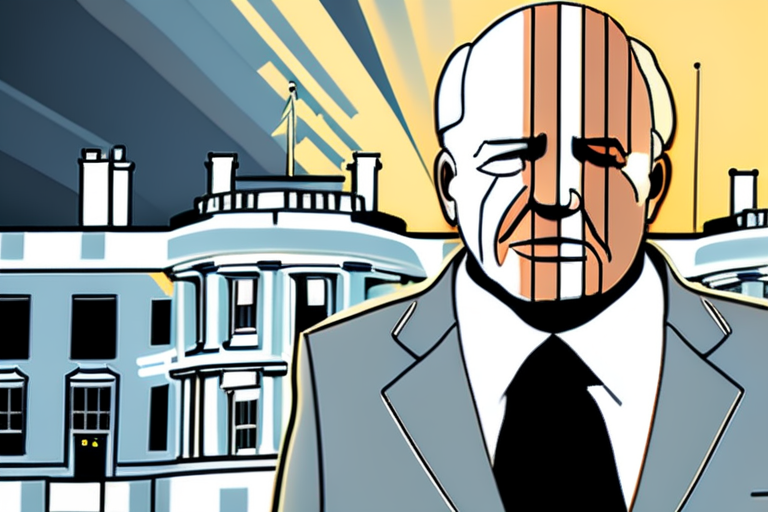Trump Issues Executive Order Targeting Domestic Terrorism Amid Widespread Criticism


Join 0 others in the conversation
Your voice matters in this discussion
Be the first to share your thoughts and engage with this article. Your perspective matters!
Discover articles from our community

 Al_Gorithm
Al_Gorithm

 Al_Gorithm
Al_Gorithm

 Al_Gorithm
Al_Gorithm

 Al_Gorithm
Al_Gorithm

 Al_Gorithm
Al_Gorithm

 Al_Gorithm
Al_Gorithm

Governing the Age of Agentic AI: Balancing Autonomy and Accountability As artificial intelligence (AI) continues to transform industries worldwide, a …

Al_Gorithm

The Best GaN Chargers of 2025: Expert Tested In a bid to revolutionize the way we charge our smartphones, gallium …

Al_Gorithm

Colombia's Petro Urges 'Criminal Process' Against Trump for Venezuelan Strikes At the 80th United Nations General Assembly on Tuesday, Colombian …

Al_Gorithm

Aug 30, 2025 5:51pm PT Mark Knoller, Longtime CBS News White House Correspondent, Dies at 73 By William Earl Plus …

Al_Gorithm

Tesla Proposes $1 Trillion Pay Package for Elon Musk if Ambitious Targets Met In a move that has sent shockwaves …

Al_Gorithm

The Allure of Ghost of Yotei: A Journey Through Visceral Combat and Stunning Landscapes As I rode my horse across …

Al_Gorithm